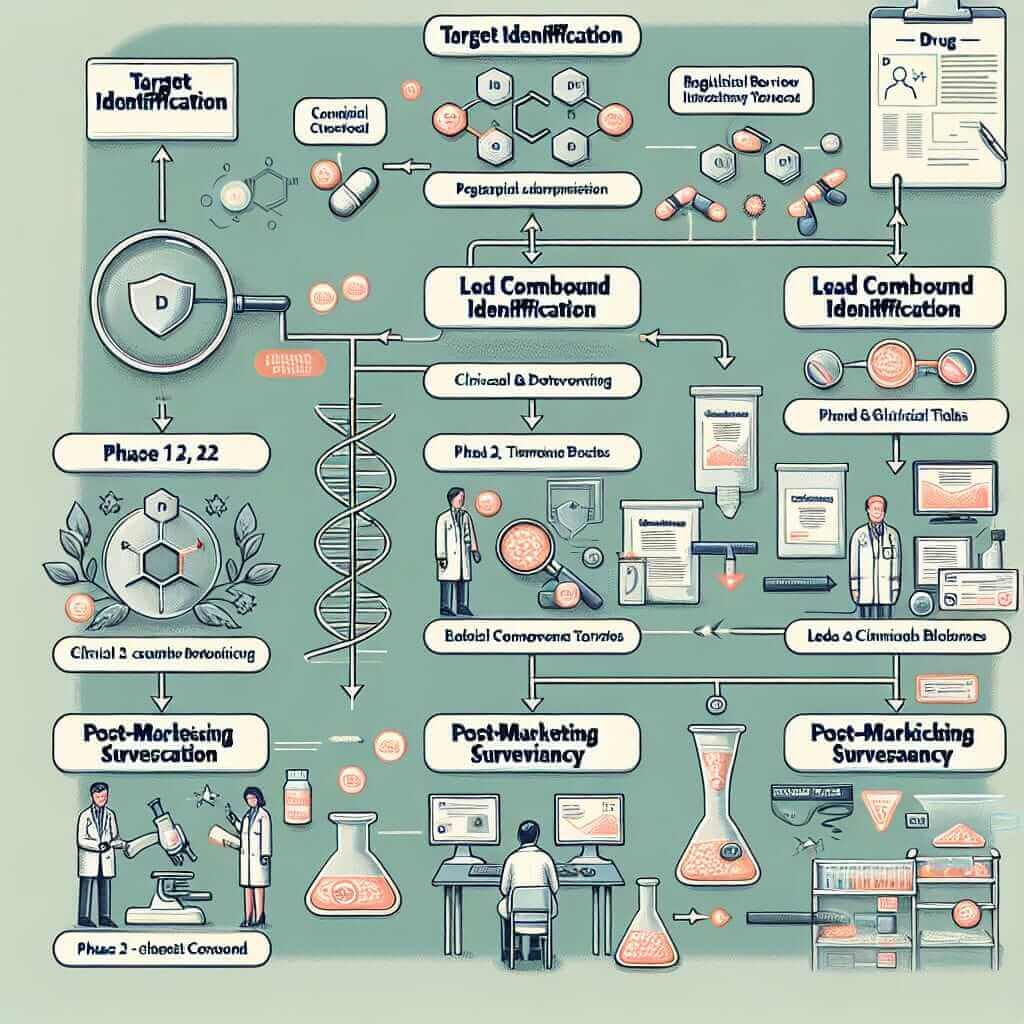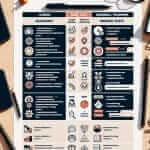As an IELTS instructor with over 20 years of experience, I often encounter students who feel apprehensive about encountering unfamiliar topics in the IELTS Speaking test. One such topic that can throw even the most confident speaker is “how drugs are studied.” However, with a little preparation, this can become an area where you can truly demonstrate your English language skills. This guide will equip you with the knowledge and vocabulary to confidently discuss this topic.
Understanding the Scope of the Topic
When we talk about “drugs” in the context of IELTS, we are primarily referring to pharmaceuticals or medicines. The examiner might ask you about:
- Drug development: This encompasses the entire process from identifying a potential drug target to conducting clinical trials and eventually releasing the drug to the market.
- Drug testing: This focuses on the rigorous procedures used to evaluate the safety and effectiveness of new drugs.
- Ethical considerations: This involves discussing the moral and societal implications of drug research, such as animal testing or access to life-saving medications.
 Drug Development Process
Drug Development Process
Navigating the IELTS Speaking Test
While the specific questions about “how drugs are studied” will vary, here’s a breakdown of how to approach the topic in each part of the Speaking test:
Part 1: Providing Personal Insights
In Part 1, expect questions about your personal experiences or opinions. For instance:
Examiner: “Have you ever taken any medication that had side effects?”
You: “Yes, I once took antibiotics that made me feel slightly nauseous. It’s quite common to experience mild side effects with certain medications.”
Remember to keep your answers brief and relevant while showcasing your vocabulary.
Part 2: Delivering a Structured Response
Part 2 might require you to describe a time you read or heard about a new medical discovery. Here’s a sample response:
“I recently came across an article about a groundbreaking new treatment for Alzheimer’s disease. The article explained how scientists had developed a drug that targets the build-up of amyloid plaques in the brain, which is thought to be a key factor contributing to the disease. The drug is still in clinical trials, but the initial results are very promising. What I found most fascinating was the rigorous testing process involved. The article explained how the drug was first tested on animals before progressing to human trials with carefully selected participants…”
Notice how this response uses topic-specific vocabulary like “clinical trials,” “amyloid plaques,” and “rigorous testing process.”
Part 3: Engaging in Deeper Discussion
Part 3 delves into more abstract aspects of the topic. Be prepared to discuss:
- The importance of animal testing in drug development.
- The challenges of making life-saving drugs affordable.
- The potential impact of artificial intelligence on drug discovery.
When engaging in this discussion, it’s crucial to express your opinions clearly and provide reasons for your views. Using linking words and phrases like “however,” “on the other hand,” and “in my opinion” will demonstrate your ability to present a balanced and coherent argument.
Tips for Success
- Expand your vocabulary: Familiarize yourself with terms like “placebo,” “double-blind study,” “clinical trial phases,” and “FDA approval.”
- Stay updated: Read articles about new drug discoveries and medical advancements.
- Practice speaking: Engage in conversations about health and medicine with friends or family.
By following these tips and thoroughly preparing yourself, you can confidently tackle any questions about “how drugs are studied” in the IELTS Speaking test and achieve your desired band score.


